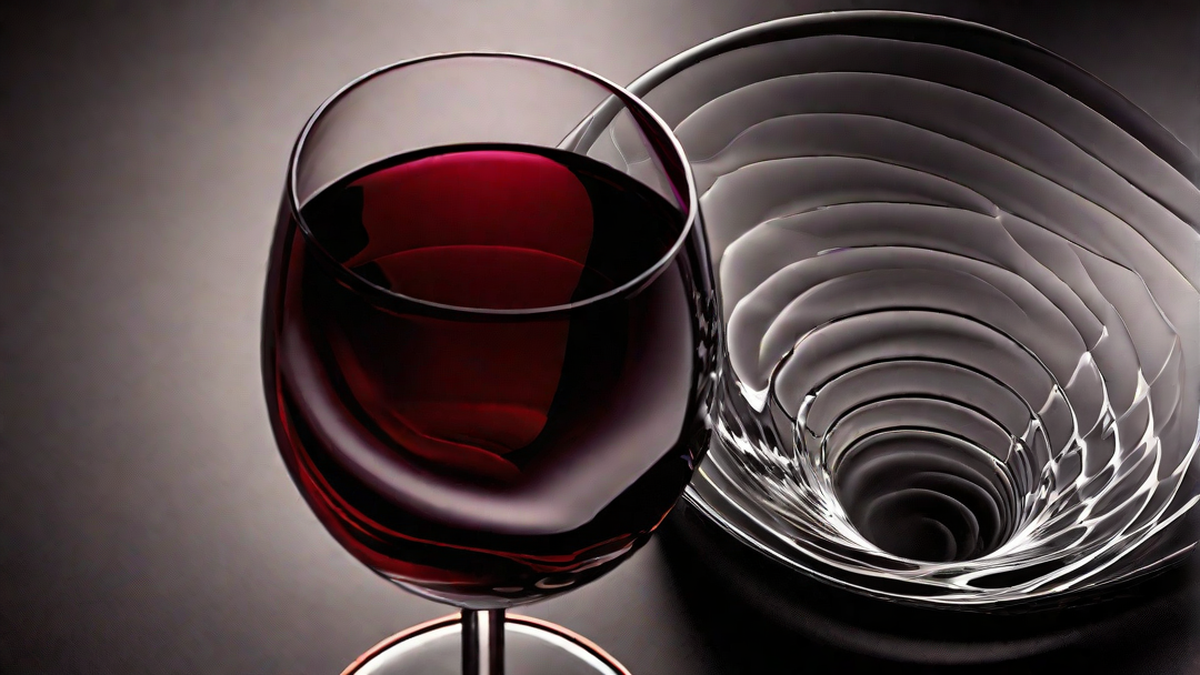As a wine lover, a common question is how long wine can last once opened. This is something I have personally thought about and it’s crucial to understand in order to fully savor the wine tasting experience. Therefore, in this article, I will thoroughly explore this subject and provide my own insights and personal experiences.
The Myth of Wine’s Expiry Date
Firstly, let’s debunk a common misconception – wine does not have an exact expiry date like milk or cheese. Unlike perishable food items, wine doesn’t go bad overnight. However, it does undergo changes in taste, aroma, and texture over time once it’s exposed to air.
When you open a bottle of wine, oxygen starts to interact with the liquid, causing a series of chemical reactions that ultimately affect its quality. This process is known as oxidation, and it’s the main reason why wine changes after opening.
The Factors that Influence Wine’s Lifespan
Several factors come into play when determining how long a wine will stay good after opening:
- Type of wine: The type of wine you’re dealing with makes a difference. Generally, lighter white wines, like Sauvignon Blanc or Riesling, tend to deteriorate more quickly compared to full-bodied reds, such as Cabernet Sauvignon or Syrah. This is because white wines have less tannin, which acts as a natural preservative.
- Storage conditions: The way you store an opened bottle of wine can impact its longevity. Storing it upright, in a cool and dark place, helps slow down the oxidation process. Avoid exposure to direct sunlight, as it can cause the wine to age prematurely.
- Quality of the wine: Higher-quality wines often have a better aging potential, even after opening. They tend to have more complex flavors and structure, which can withstand the effects of oxidation for a longer period.
The Timeline of Wine’s Evolution
Now, let’s delve into how wine evolves over time once it’s uncorked:
- Day 1-2: Immediately after opening, the wine is at its best. It retains its fresh flavors and aromas, providing an enjoyable drinking experience.
- Day 3-4: During this time, you may start to notice slight changes in the wine’s taste. It might become less vibrant and lose some of its fruity characteristics.
- Day 5-7: By the end of the first week, the wine’s flavors and aromas may start to fade significantly. It may taste dull and lackluster.
- Day 8+: After the first week, the wine is likely past its prime. While it may still be drinkable, it won’t offer the same level of enjoyment as when it was first opened.
Tips for Extending Wine’s Lifespan
Fortunately, there are a few tricks to help prolong the life of an opened bottle of wine:
- Refrigeration: Storing wine in the refrigerator can slow down the oxidation process and extend its lifespan by a day or two.
- Vacuum sealers: Using a vacuum sealer, which removes excess air from the bottle, can help preserve the wine’s freshness for a longer period.
- Transfer to a smaller container: Transferring the remaining wine to a smaller, sealable container can minimize the wine’s exposure to air and slow down oxidation.
My Personal Take on the Matter
As someone who enjoys savoring every bottle of wine, I have experimented with different methods to extend its lifespan. From my experience, I have found that white wines generally don’t last as long as reds. However, the timeline I outlined earlier is just a general guideline. Some wines may surprise you and remain enjoyable for longer than expected.
Ultimately, the best way to determine if a wine is still good after opening is to trust your senses. Give it a taste and see if you still derive pleasure from the flavors and aromas. Each bottle is unique, and some may hold up better than others.
In Conclusion
So, how long does wine stay good after opening? While there’s no definitive answer, understanding the factors involved and being aware of the changes that occur over time can help you make the most of your wine-drinking experience. Remember, it’s not just about the taste, but the joy and memories that each bottle brings.
